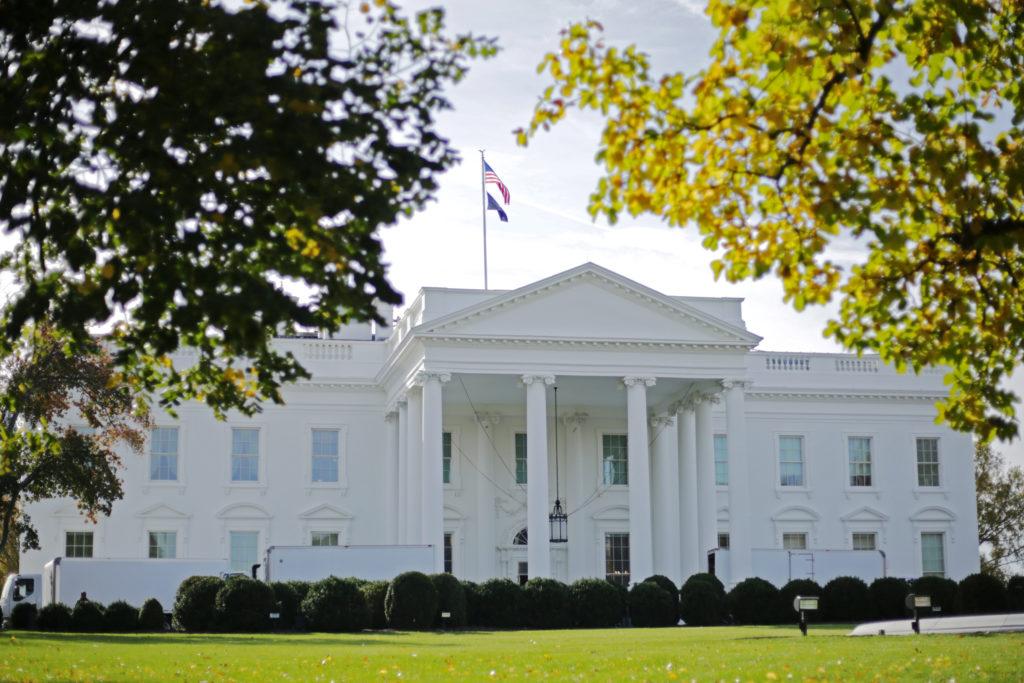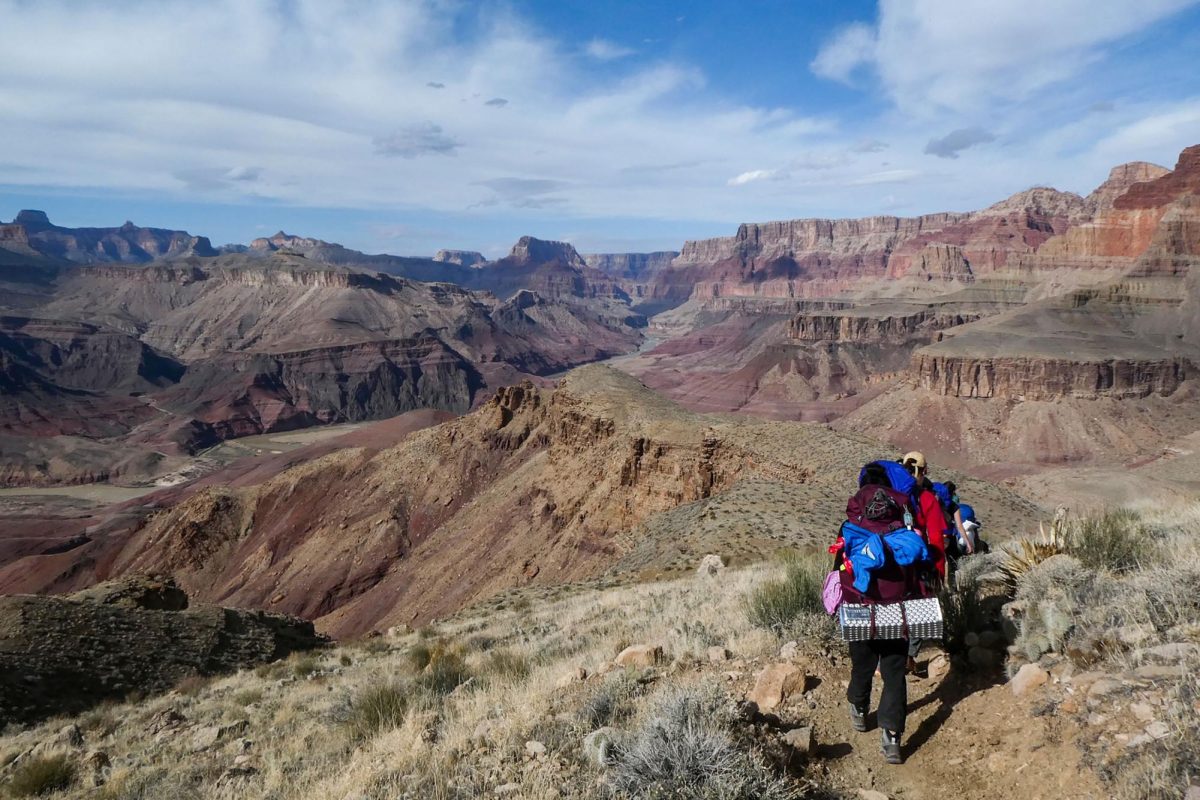International students can now return home and invite family members to D.C. for visits after the United States lifted travel restrictions on more than 30 countries earlier this month.
Federal officials removed travel bans on countries including Brazil, China, South Africa, India, and much of Europe earlier this month, pulling back restrictions put in place when the country shut down travel at the onset of the COVID-19 pandemic in March 2020. International students said the removal of the travel bans will allow them to host loved ones on campus for events like Commencement and return home for holiday breaks in the wake of uncertainty surrounding the safety of global travel.
The decision to loosen travel restrictions comes almost a year after the Food and Drug Administration issued its first emergency use authorization of the Pfizer-BioNTech COVID-19 vaccine in December before granting subsequent authorization for the Moderna and the Johnson & Johnson vaccines. Officials are still mandating proof of vaccination and a negative COVID-19 test for travelers despite the looser restrictions.
João Cardoso, a freshman majoring in international affairs from Brazil, said the removal of the travel bans was a “relief” because travel into the United States will be easier for his family, who will no longer need to obtain visas to enter the country.
“I think it became clear that it’s just going to be a lot easier to do that travel,” he said. “There’s not as many restrictions there, and it’s also easier for people to come here. So it’s easier for family members to come visit if we need assistance with something. So that was a big relief.”
Officials said earlier this month that they’re developing outreach and recruitment strategies for international students in hopes of offsetting the recent decline in international student enrollment during COVID-19 pandemic. Jay Goff, the vice provost of student enrollment and student success, said at a Faculty Senate meeting last month that worldwide travel restrictions likely caused the 7.5 percent decline in international student enrollment this fall after nationwide totals dropped by 72 percent during the last academic year.
Cardoso said the United States was not processing many visas while the travel restrictions were in place, prolonging the process for his family members to visit. He said more time will be needed for him to see members of his family who couldn’t travel to the United States without a visa.

Nicholas Anastacio | Graphics Editor
He said he is “hopeful” federal officials will accelerate the process to receive visas while fewer travel restrictions remain in place.
“I have friends who are from the United States who can just pop back home for a weekend or something like that, or if they live a bit further away, they can go there during a long holiday,” he said. “But that’s not really an option for me, and it’s not really an option for my family. But now that the restrictions have been lifted, my parents can come visit me.”
Cardoso said he has felt isolated from his parents, interacting with them digitally via platforms like WhatsApp since moving onto campus in August. But the lifted travel restrictions have opened an opportunity for him to reunite with them this January, he said.
“What’s been difficult, there’s obviously a big factor of homesickness and that kind of stuff, and being apart I’d say that – as far as travel restrictions go – I think a big difficulty is that it’s going to take a lot of time for people back home to get visas,” he said.
Mason Liu, a senior from China majoring in business analytics, said while lifting the travel bans will not personally affect his travel choices, his friends who are international students can now travel home and see their family on breaks. He said his friends from Australia are now booking flights to travel home for winter break to visit family and friends whom they haven’t seen since August before they moved in.
“My Australian friends are going back home for sure, and they’re feeling really glad and happy about it,” he said. “They’re switching their travel options just recently. They never planned to go back in the winter, but after a lift up they just changed their plan.”
Even though the travel ban on China was lifted, Liu could not make new plans to return to China because the country’s mandatory 14-day hotel quarantine would have made it difficult for him to visit his family. He said he hopes the pandemic will become more under control by the spring so China’s travel restrictions can ease and his family can fly to D.C. to watch him graduate.
“Hopefully they will be able to make it this year, and I hope that everything will be better and better in the following months,” he said.
Gerald Keusch, a professor of medicine and international health and the associate director of the National Emerging Infectious Disease Laboratories at Boston University, said federal officials lifted the travel bans because they were ineffective and costly.
“We’re well into the outbreak,” he said. “The costs and benefits, potential of introduction of the virus versus tourism, travel, trade, family, etc. means benefits outweigh the risks, and I think those are the kinds of things that get weighed.”
He said vaccine efficacy and the limitation of coronavirus variants will determine how the travel ban removal continues.
“It’s one of those situations where you say, it’s not if but when,” he said. “Which is why using the public health measures that some people in our country seem to have a hard time accepting – wearing masks, limiting proximity to large crowds, getting immunized, being careful about who they interact with – are helping to drive the continued transmission of the variants that we have now.”
Erika Filter contributed reporting.








